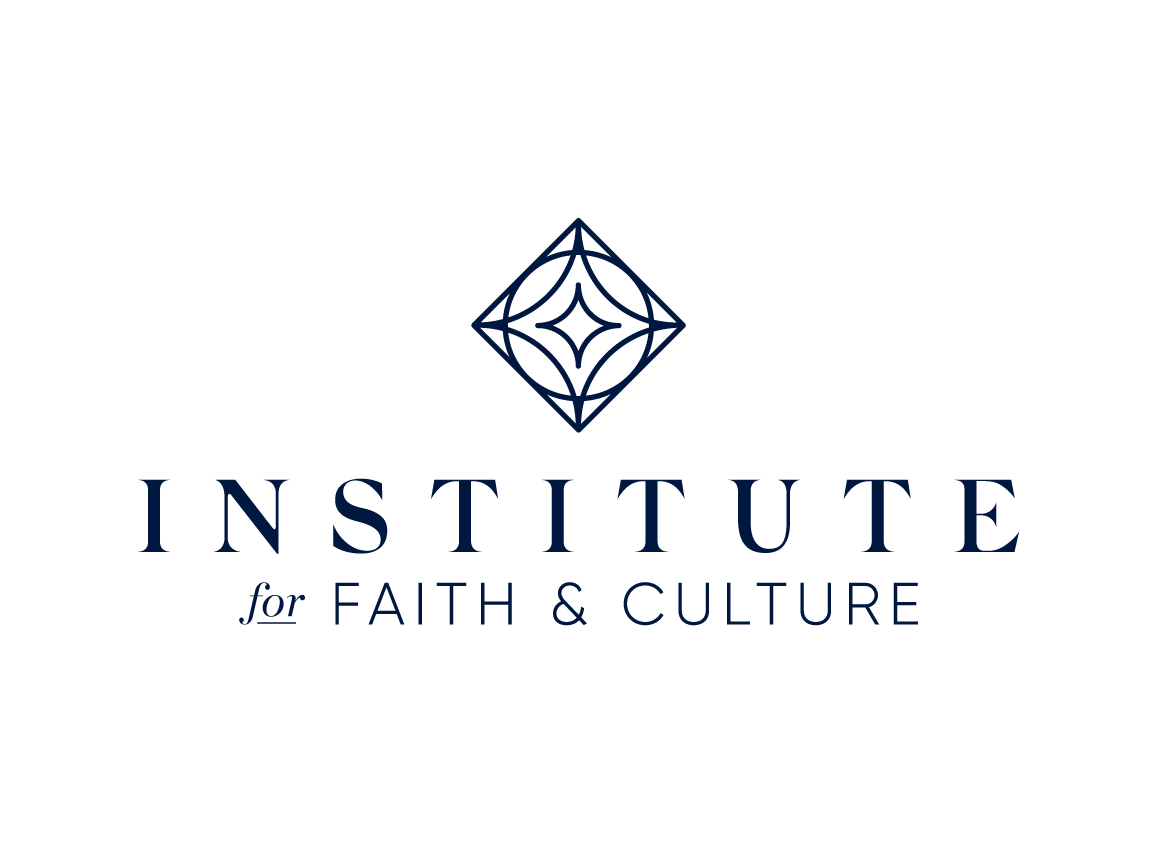
Then I came to Westminster and completed my Master of Divinity (2019), and with all of the systematic theology classes, apologetics, and exegetical classes I’ve taken, I find that my adoration of God only grows when I consider the science of the human body. Science’s real job is to investigate, consider, and explain the mechanisms that God created to move everything in the universe. From my experience in both worlds of science and theology I would like to provide you with three simple ways I consider the discoveries of science and worship God because of it.
Science’s real job is to investigate, consider, and explain the mechanisms that God created to move everything in the universe.









